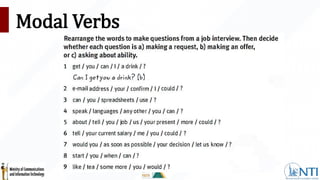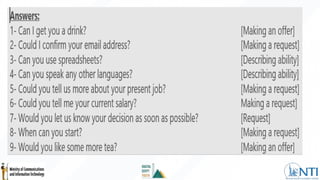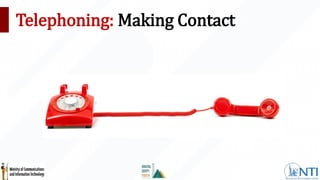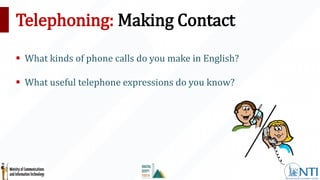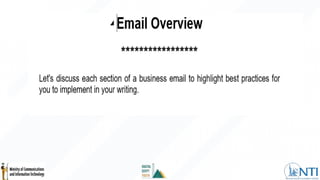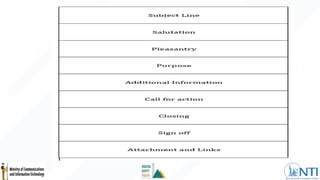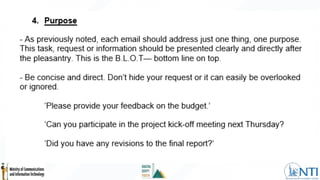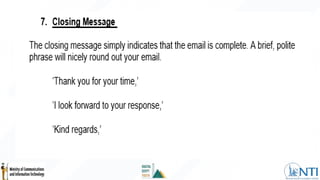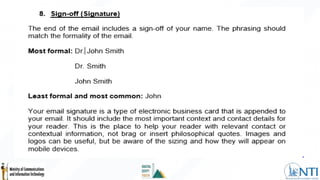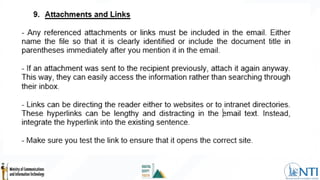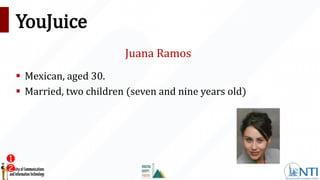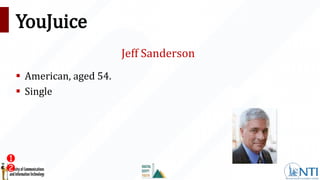YouJuice is hiring a new Sales and Marketing Director based in Sao Paulo, Brazil. Three candidates are being considered: Juana Ramos from Mexico, Chantal Lefevre from Switzerland, and Jeff Sanderson from the US. Juana is 30 years old, married with two young children. Chantal is 41, divorced with one young child. Jeff is 54 and single. The strengths and weaknesses of each candidate must be discussed to decide who is best for the position.
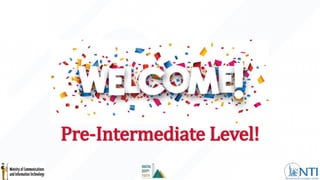





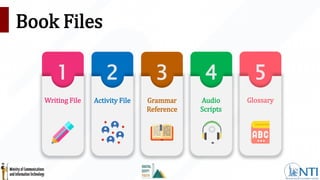












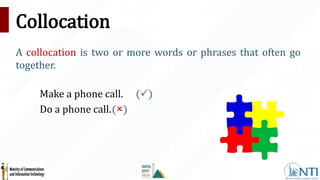

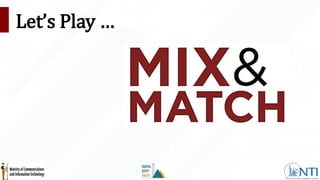


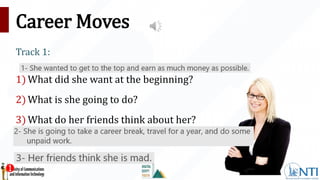














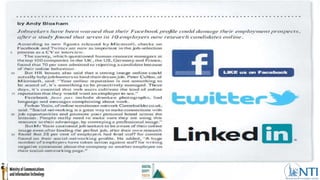




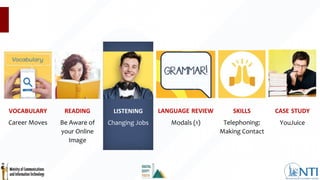

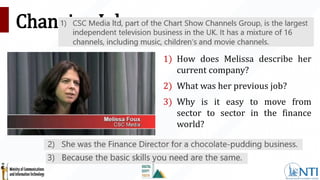



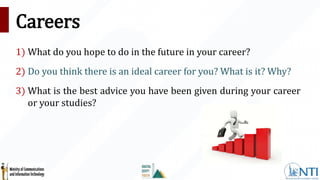

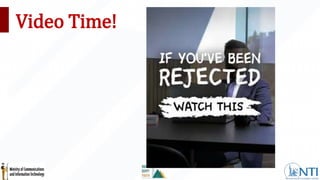
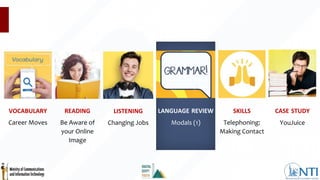



![Could vs. Was able to
Could [General Ability]
- My grandmother could speak three languages.
Was/Were able to [One Occasion]
- I was able to meet the president last week.
- The weather was sunny, so we were able to eat outside.](https://image.slidesharecdn.com/careers-231005213434-7ca0afa5/85/Careers-pptx-58-320.jpg)
![Could vs. Was able to
Could [General Ability]
- My grandmother could speak three languages.
Was/Were able to [One Occasion]
- I was able to meet the president last week.
- The weather was sunny, so we were able to eat outside.](https://image.slidesharecdn.com/careers-231005213434-7ca0afa5/85/Careers-pptx-59-320.jpg)
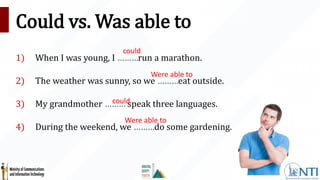
![Could vs. Was able to
5) I ………contact him, last night.
6) When she was young, my aunt ……… run for miles.
7) We ……… [not] catch the 7.30 train.
Was able to
could
Couldn’t](https://image.slidesharecdn.com/careers-231005213434-7ca0afa5/85/Careers-pptx-61-320.jpg)

